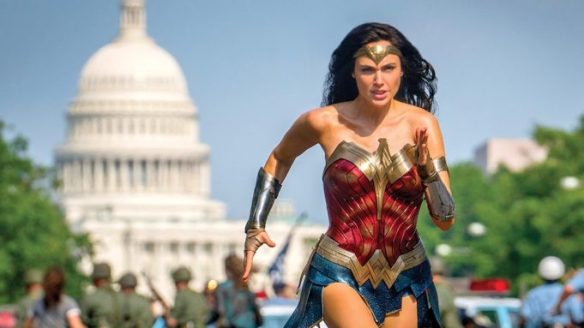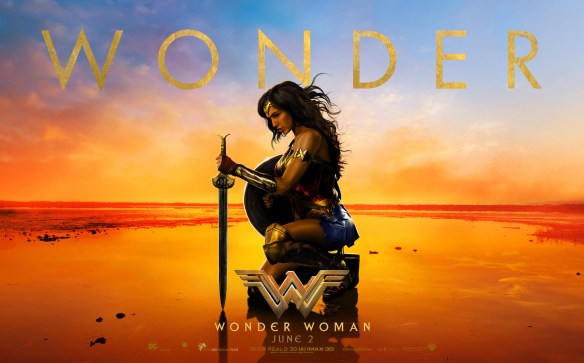
My journey through the dark forest of 2021 began with Wanda Maximoff. (Source: TVLine)
“Believing in rom-communism is all about believing that everything’s gonna work out in the end. Now, these next few months might be tricky, but that’s just ’cause we’re going through the dark forest. Fairy tales do not start, nor do they end, in the dark forest.”
I can’t write about Ted Lasso.
But every time I think about 2021, I come back to this quote.
(And maybe that’s why I can’t write about it.)
So much of the last two years has felt like a long walk through the dark forest. And in 2021 things felt like they got even darker. So it was hard for me to watch a show—whose first season had given me so much comfort—take its characters through that dark forest and not quite out of it yet.
I didn’t like that Ted Lasso had changed.
And I felt that way about a whole lot of media this year. From The Rookie’s decision to all but abandon the challenging storylines that had made the first half of its third season so compelling to Brooklyn Nine-Nine’s emotional farewell that took its characters in different directions, some changes were for the better and others less so, but it still seemed like a lot of the media I had used for comfort through the toughest parts of early pandemic life had changed.
And I hate change.
When I look at the only piece of scripted television that motivated me to write on an almost weekly basis, the only one that consistently moved me and stayed with me in a meaningful way, it was a show about a woman who resists change so strongly that she creates an entire new reality to escape the fact that her life had changed in deeply painful ways.
WandaVision is a show about a woman in the dark forest who spends so much time refusing to admit she’s in there that she builds herself a home and a life in the middle of it because even if it’s an illusion of control, it’s still better than the terror and unknown of the dark forest.
Control—however fake, however fleeting—feels better than uncertainty.
I don’t have a lot in common with Wanda Maximoff. I don’t have her powers or her tragic backstory or her tortured romance with an AI system turned sentient. But her need to hold on to some sense of control in a world that feels scary and lonely? That I get.
I spent the beginning of this year trying to build a world that I could control—a place that felt like nothing had changed even though everything had changed (both inside and outside of me).
There’s a reason WandaVision was the show that produced the most writing from me.
When I couldn’t control anything else, I wanted to control this little corner of the internet. I wanted it to be what it was when things felt better and brighter. I wanted to be who I was when things felt better and brighter.
Because, like Wanda, I didn’t want to acknowledge one of the truths of the dark forest: You don’t come out of it in the same place you were when you went in.
Slowly, steadily, my writing has started to move toward that truth. NGN has started to move toward that truth. Instead of being Westview—a place created to desperately hold onto a piece of the past because the present is sad and the future is scary—it’s growing into something that feels more real, something that feels more honest. It may not be sitcom shiny—a beacon of constant positivity where every problem is fixed and hurt is healed by the end of a post—but it’s stronger because of its messy reality.
I’m stronger because of my messy reality.
I’ve changed so much this year, and that means my writing changed too. And that’s part of life. Change is a part of life.
You can’t grow if you refuse to change.



